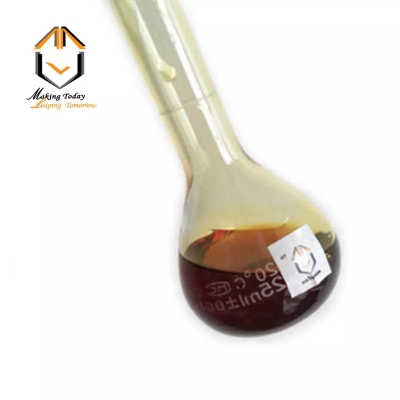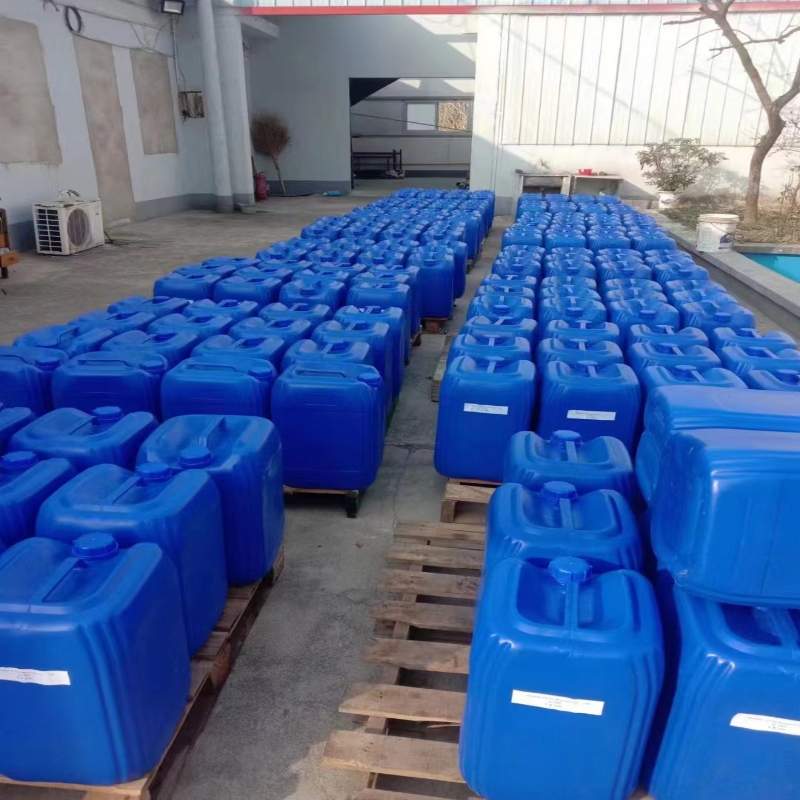-
Categories
-
Pharmaceutical Intermediates
-
Active Pharmaceutical Ingredients
-
Food Additives
- Industrial Coatings
- Agrochemicals
- Dyes and Pigments
- Surfactant
- Flavors and Fragrances
- Chemical Reagents
- Catalyst and Auxiliary
- Natural Products
- Inorganic Chemistry
-
Organic Chemistry
-
Biochemical Engineering
- Analytical Chemistry
-
Cosmetic Ingredient
- Water Treatment Chemical
-
Pharmaceutical Intermediates
Promotion
ECHEMI Mall
Wholesale
Weekly Price
Exhibition
News
-
Trade Service
The European Union agreed on the 2nd to set a price cap
of $60 per barrel for Russian oil exports.
After the final stage of negotiations, the Czech Republic, the rotating presidency of the European Union, posted on social media on the 2nd that EU member states reached an agreement
on the same day to set a price ceiling on Russian maritime oil exports.
The agreement still needs to be formally approved through written procedures, and the details will be announced
on the 4th.
According to this price ceiling, if the price of oil exceeds the threshold of $60 per barrel, it will be prohibited to provide insurance, financial and other services
for Russian oil transportation.
G7 finance ministers reached an agreement in September to set a price cap
on Russian oil exports.
According to the agreement, the G7 will impose price limits on Russian crude oil from December 5 and Russian refined petroleum products from February 5 next year
.
The Russian side said that it will not supply oil and petroleum products
to countries that impose price limits on Russian oil.
Proposals such as restricting oil imports from Russia and imposing a price cap on Russian oil can only cause oil prices to soar
like natural gas prices.







